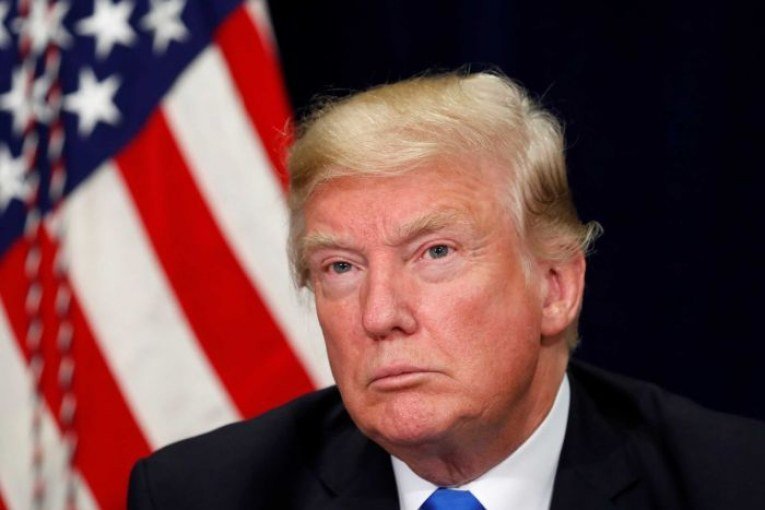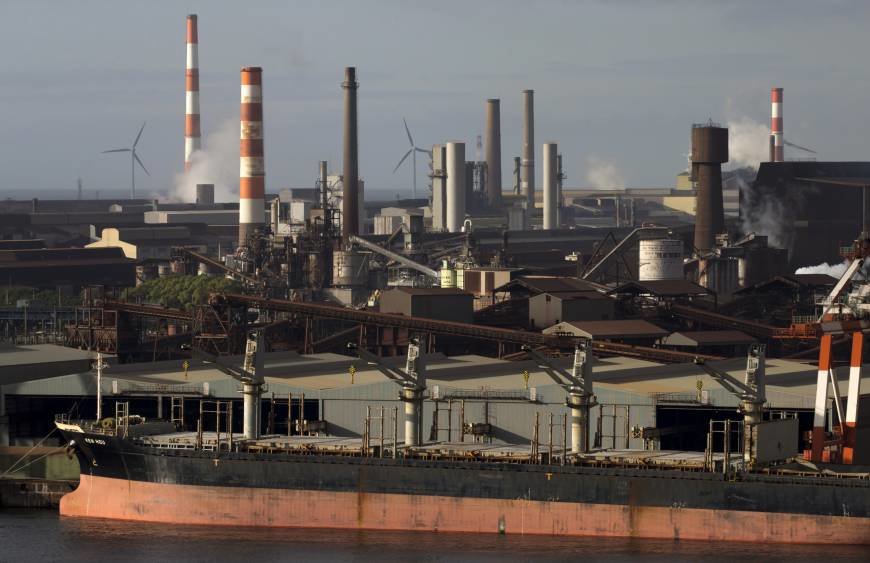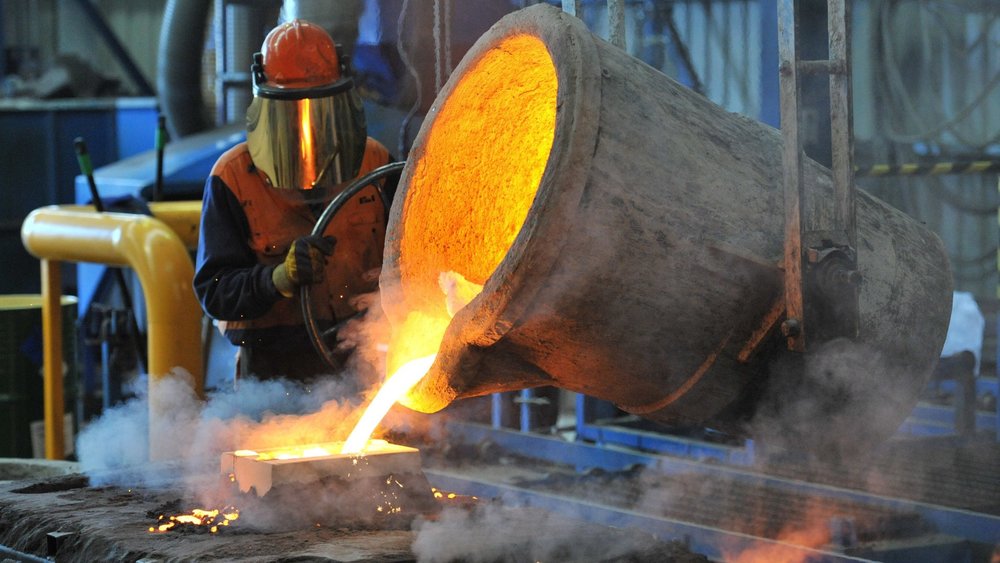Japan recently notified the World Trade Organization (WTO) that the nation reserves the right to take countermeasures against U.S.’s imposed tariff on metals like aluminum and steel imports, its foreign minister said last Friday.
The Trade War

Trump remains firm in his decision to impose a metal tariff on imports. He claimed this move would bring back America’s glory since it could generate thousands of jobs for Americans in the metal industry
Last March 2018, President Donald Trump announced that his administration planned to impose a 25% and 10% tariff on steel and aluminum imports, respectively. This announcement triggered nations all over the world to start a trade war against the United States.
Giant countries such as China and the European block had warned Trump of retaliation should he push the said tariff. The European Union plans to increase the tariff on US metal imports for America’s famous brands like Kentucky Bourbon, Harley-Davidson, as well as the US’ Levi jeans. However, their warnings and concerns were not enough to change Trump’s mind.
No Tariff Exemptions?
Since Japan is one of the United States’ major and key allies, the nation has been lobbying Washington to exempt the country from Trump’s imposed higher tariffs. However, this request has not been granted yet. While Japan remains hopeful that it can be considered from the imposed tariff, its foreign minister had notified the WTO of the countermeasures they’ll be taking if the negotiation fails.

The Current WTO rules state that the affected countries can also raise its tariff to cancel the negating effects of the host country’s imposed tariff. This is to protect each country’s domestic industry from the import tariffs
Trump’s move will result in Japan in paying an additional 50 Billion Yen (or $452 million) for its metal imports. If this happens, the Japanese government is expected to perform rebalancing measures to lessen its effects on Tokyo companies, especially the industries which rely heavily on metal.
So far, Japan has been the only major ally of the US that didn’t receive exemptions from the said imposed tariffs. The nation refrains from following the footsteps of E.U. and China. The latter country so far responded with imposing 25% tariff on all 128 U.S. products. However, the Japanese government believes it’s in their right to take countermeasures once the import tariff takes effect in their importation.
Hoping for the Negotiation’s Success

The Japanese government will determine their next course of action depending on the negotiation outcome
Some Japanese analysts also commented that these “countermeasures” may motivate the United States to reconsider granting Japan the tariff exemption. Mizuho Research Institute’s analyst Junichi Sugiwara said that this move would be a “half-step forward” negotiating tactic of the country.
So far, Japan has just been making requests to the giant nation. Yoshihide Suga, Japan’s Chief Secretary, lauded the foreign ministry for taking “precautions” since the said move is necessary based on WTO’s rules. However, he reiterated that Japan has no “official and final” decision yet whether to take retaliatory measures or not.
The Effects of Trump’s Tariffs
While Trump claimed that he welcomed the impending trade war due to his imposed tariff, most American businessmen are already feeling the negative impact of the tariff on metal imports in the economy. In fact, a giant metal manufacturing firm like the Keg company encountered a crisis due to the increased price of steel and aluminum.
Their costs in producing aluminum cans, beers, wines, and vehicles increased up to 4%, while their profit plummeted. This prompted the CEO to downsize last March 27, 2018. The management had to relinquish 10 workers (from 30 personnel) to negate the effects of the imposed tariff.
This dreadful scenario seemed contradictory to Trump’s vision of creating more job opportunities. Aside from other countries increasing their tariff to counter U.S.’s move, the American consumers will also suffer from inflation rate since most companies will also increase prices for goods and commodities to cover their costs. In the end, America’s economy will eventually receive a huge blow from the imposed tariff. So far, the International Monetary Fund, along with China, EU, and Japan is still hoping for Trump to reverse his decision.










